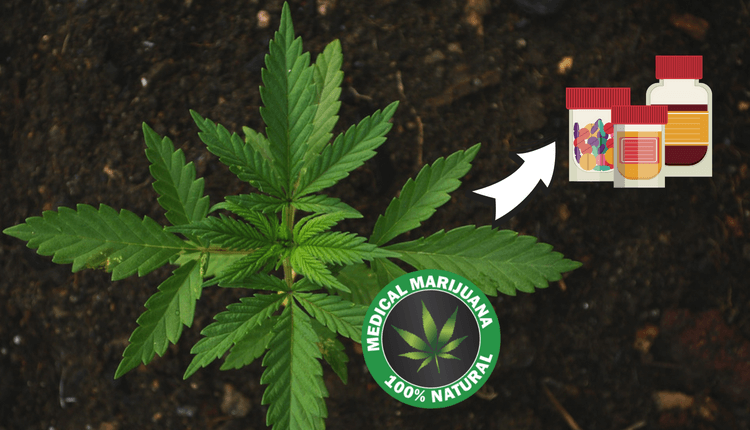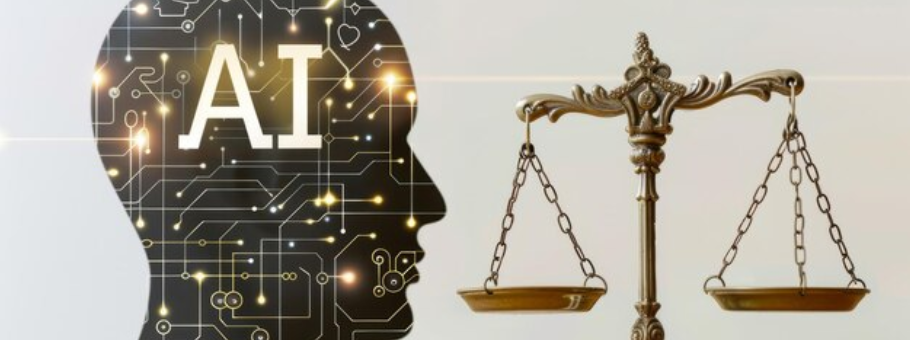FDA Approves the First Marijuana-Based Drug

The rate of discoveries in medical research has accelerated in light of increasing technological advances. Discoveries in drug research have notably promoted human health and life expectancy. One such discovery that has radically changed the state of healthcare is the recently approved GW pharmaceutical’s marijuana-based drug Epidiolex.
The subsequent controversy surrounding the drug highlights the shortcomings of integrating cannabidiol (CBD) in its composition. The stamp of approval by the Food and Drug Association (FDA) is based on scientific merit exclusively. The demonstrated clinical applications are based on years of meticulous research and development. Significant breakthroughs that result from such bench to industry and clinical translation hold much value in the scientific community. Efforts and outcomes detailed here specifically open the gates to further research on the therapeutic potential of medical marijuana.
Pros and Cons of Medical Marijuana Approval
The FDA approved the medicinal use of marijuana for the first time on June 25. The drug Epidiolex will be used to treat two rare forms of epilepsy. The amount of CBD in composition reduces seizure rates in patients in clinical trials. However, this composition does not make users high. Unsubstantiated uses include the distribution of unapproved CBD products/oils by companies. These products are, in turn, used by parents to treat children suffering from different forms of epilepsy. The FDA vows to crackdown such unproven claims in efforts to prevent related drawbacks.
Medical Research Focus
The drug’s approval allows patients as young as two years of age and older to overcome their symptoms of epilepsy. Epidiolex effectively targets Dravet syndrome and Lennox-Gastaut syndrome, childhood-onset forms of epilepsy that are severe and relatively fatal. These forms of childhood-onset epilepsy are rare and among the most resistant to treatment.
Significant medical breakthroughs of this nature shine a light on advancing sound development programs in healthcare. Epidiolex constitutes cannabidiol and less than 0.1 percent of the psychoactive component tetrahydrocannabinol (THC), to prevent substance abuse. To maintain the quality of the drug, the pharmaceutical company specifically grows its own supply of the marijuana plant in glass houses within the UK. The liquid solution is processed thereafter, with the key constituents described.
Applications of Drug Research in Pharmaceutical Industry
The Drug Enforcement Administration (DEA) will hereafter facilitate the transition of the FDA approved Epidiolex into the pharmaceutical industry. The DEA categorizes chemicals based on their potential to abuse. Substances such as marijuana and heroin are currently classified together. In light of these new developments, the DEA must now reclassify marijuana for the London-based GW to begin selling Epidiolex. The regulation will possibly come into effect in some time, while the company negotiates with insurance companies on setting a price.
Impact on Healthcare
Before approving the paradigm-shifting drug, the FDA reviewed three cutting-edge clinical trials that confirmed CBD reduced seizure frequency. Most patients with the two forms of epileptic seizure require multiple medications at the onset, albeit resistance to currently-approved drugs.
The new drug comes into healthcare at a critical juncture. For instance, epileptic drug-resistant patients have resorted to wearing helmets to prevent potential brain injuries that result from “drop seizures.” On the other hand, there are others who have purchased unregulated CBD medications online only to alleviate the symptoms and no possible cure. The newly developed Epidiolex, tested for regulatory health and safety standards, offers viable treatment options that replace unsafe alternative approaches. Patients should discuss the long-term impact of such medical therapeutics with their physician before arranging a therapeutic intervention.
The drug is designed to heal the patient cohort, with minimal side-effects and potential for abuse. However, a medication guide should be available describing Epidiolex’s uses along with the possible side effects. A few of these side effects include liver injury and suicidal thought. Commonly issued for all epileptic medications. The detailed process of drug-discovery and policy-regulated therapeutics in healthcare is a testimony to the importance of funding scientific research.
What do you think about this marijuana-based drug approval by FDA? Do you agree or disagree? Please let us know your thoughts in the comments section below.





![What is Academic Integrity and How to Uphold it [FREE CHECKLIST]](https://www.enago.com/academy/wp-content/uploads/2024/05/FeatureImages-73.png)



